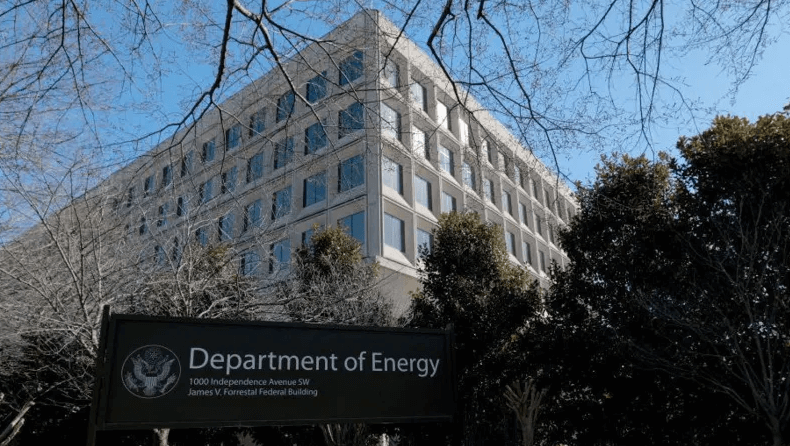Imagine being a U.S. citizen — born here, raised here — and one day, without warning or a fair trial, you’re shipped off to a foreign prison. Sounds like a dystopian nightmare, right?
That’s the same question immigration activists and constitutional law experts are grappling with after former President Donald Trump floated a remarkable idea during a meeting with El Salvadoran President Nayib Bukele: deporting U.S. citizens who have been convicted of certain crimes to El Salvador.
Trump’s comments, made from the White House, indicated a broader and highly controversial plot. “We always have to abide by the laws,” he said, “but we also have homegrown people that are bad… I’d like to include them.”
His remarks were in reference to violent crimes committed by individuals in the U.S., suggesting he would be open to deporting even American citizens if legally possible.
According to White House Press Secretary Karoline Leavitt, the former president is interested in deporting “heinous, violent criminals” who are United States citizens — but only “if there’s a legal pathway to do that.”
It’s unclear from the administration whether that would apply just to naturalized citizens or to all citizens. Generally, only those who have obtained citizenship illegally can be denaturalized, and even in those instances, deportation is a long legal process.
Attorney General Pam Bondi is reportedly “studying the law,” but attorneys are sounding alarm bells.
“This is pretty obviously illegal and unconstitutional,” said George Mason University law professor Ilya Somin. Immigration law just doesn’t allow for the deportation of U.S. citizens — period. Emma Winger of the American Immigration Council summed it up simply: “U.S. citizens cannot be deported under immigration law.”
Even more concerning, this isn’t theoretical. The Justice Department has already mistakenly deported an immigrant, Kilmar Abrego Garcia, to El Salvador — despite the fact that he was never charged or convicted of any offense.
The government claims he’s a gang member, but that claim was never scrutinized by a court. He was deported before judges could weigh in on his case.
Now, in defiance of a judge’s order that he be sent back, the administration is claiming he is outside U.S. jurisdiction and only El Salvador can decide his fate. President Bukele has made it clear he has no plans to send Garcia back.
If the government can circumvent due process in this way for immigrants, legal experts warn, it sets a troubling precedent — one that could one day be applied to U.S. citizens.
Justice Sonia Sotomayor, in a previous ruling, cautioned against exactly this danger: if the courts don’t step in, the government could round up citizens, ship them abroad, and wash its hands — all without legal recourse.
The idea was described by David Bier of the libertarian Cato Institute as “extrajudicial imprisonment by foreign proxy,” and he said, “There is no authority for that in any U.S. law.”.
And here’s where it gets even more unsettling: Homeland Security Secretary Kristi Noem recently said President Bukele told her that people transferred to El Salvador’s prison “will never leave.”
Let that sink in.
America has long been proud of its rule of law — specifically the idea that all people, citizen or not, are entitled to due process. Stripping people of their rights, exiling them without trial, and jailing them in foreign prisons violates the very principles of what American citizenship is designed to protect.
Regardless of whether Trump’s suggestion becomes policy or not, the legal experts are in agreement: not only is the idea perilous. It’s also unconstitutional. And it’s a slippery slope no democracy should ever consider.







Leave a Reply